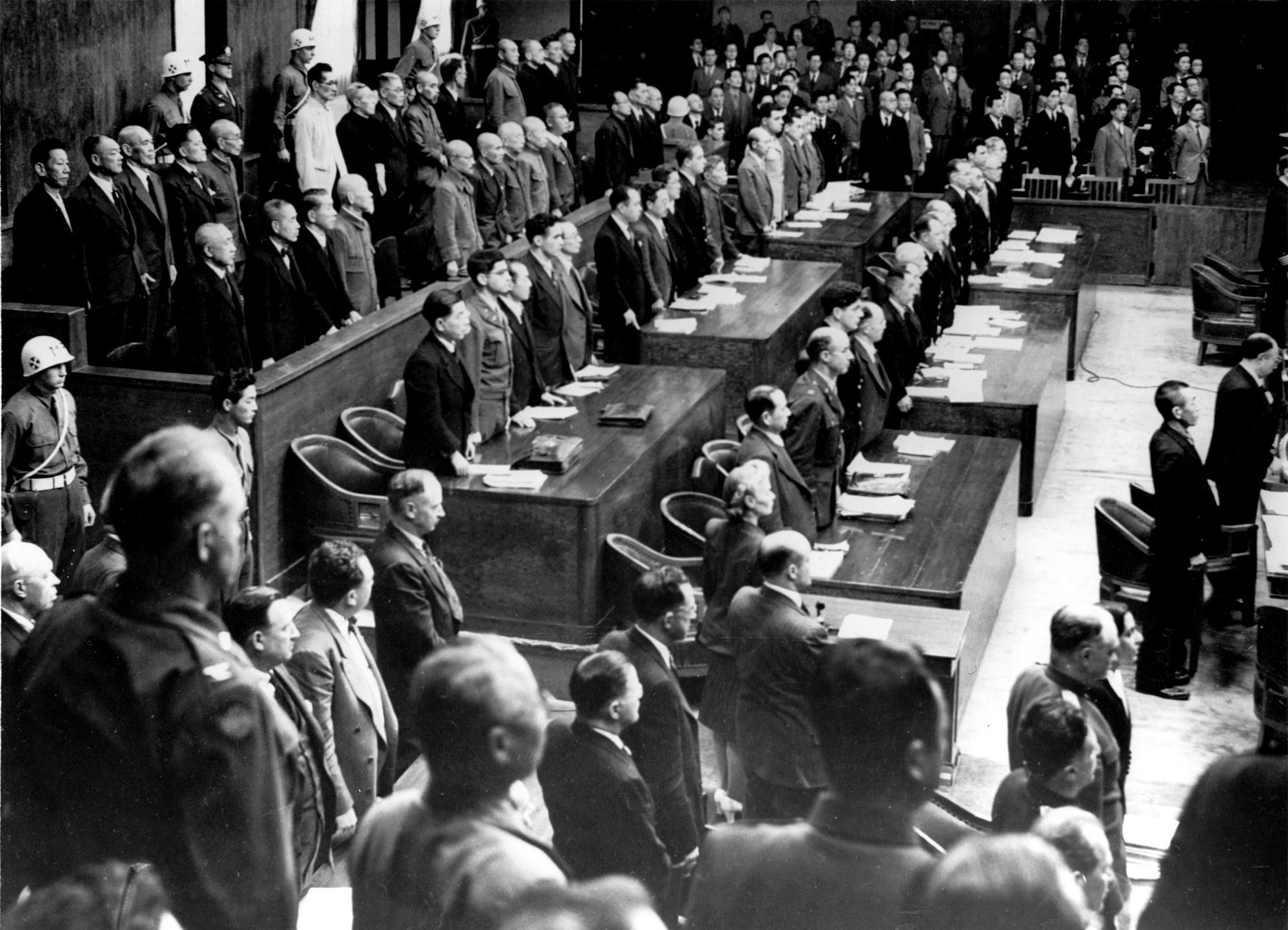My friend Doris Bargen at the University of Massachusetts, Amherst, asked me to give a talk to her class on "Martyrs and Rebels in Japan." When I chose "martyrs," she sent me Samuel Klausner's close definition of "martyrdom," with her simple one defining martyrs as those "adhering to their ideology/faith and dying." Her syllabus for the course included Shusaku Endo's novel "Silence," along with Martin Scorsese's film version of it.
Japan has produced a great many martyrs — not just the Shimabara Rebellion in 1637-1638 that precedes Endo's fiction, but also Japan's defeat in the Asia-Pacific War, a period of great interest to me in recent years.
There were, first of all, "kamikaze pilots" — Klausner names them — and the men who likewise went off on missions to certain death. Following Japan's defeat, many military men committed suicide, 527 of them, according to a 1962 book. Civilians also did the same, for one ideology or another, including mass suicides. The book describes two such groups.



